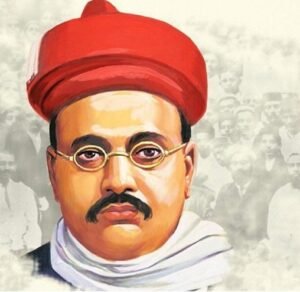UPSC Compass is one of the leading and trusted IAS coaching institutes in Haryana, India. We have been able to make a brilliant mark in the education industry due to our quality teaching methodologies and experienced subject matter experts. We provide several learning programs to accommodate the learning styles of aspirants. Whether you are looking for classroom courses or online learning, we have tailored our programs to meet the unique needs of the aspirants. If you need to achieve your long-term goals of serving the nation and society, collaborate with us now!

